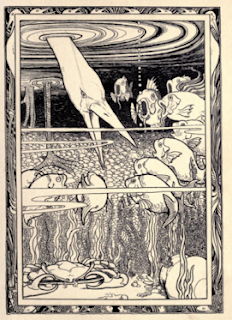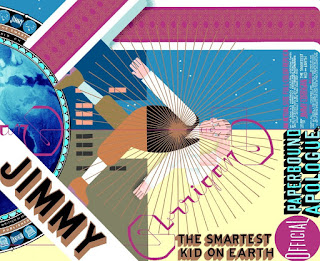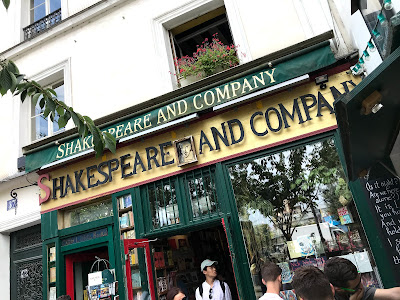Feedback Thoughts
In terms of the feedback I have received in the past and my views on feedback in general, I think the most effective form of feedback is semi-negative (constructive criticism) in written form, followed up by positive reinforcement. Tou gh constructive criticism on paper and encouraging advice in person have been the most effective motivators for me to improve my writing (which is the lens through which I am examining feedback--as an English major, almost all the feedback I receive is on essays). In sports in high school, I was never quite good enough to warrant any sort of scathing negative feedback. Kind of sad, but I was a very mediocre cross country and track runner. All the feedback I received there was positive, both from my coaches and from my peers, and I loved both sports despite my incredible mediocrity. The two articles I chose are: Silence the Critical Voices in Your Head : This article, appearing in the Harvard Business Review , emphasized noticing positive feedb...








